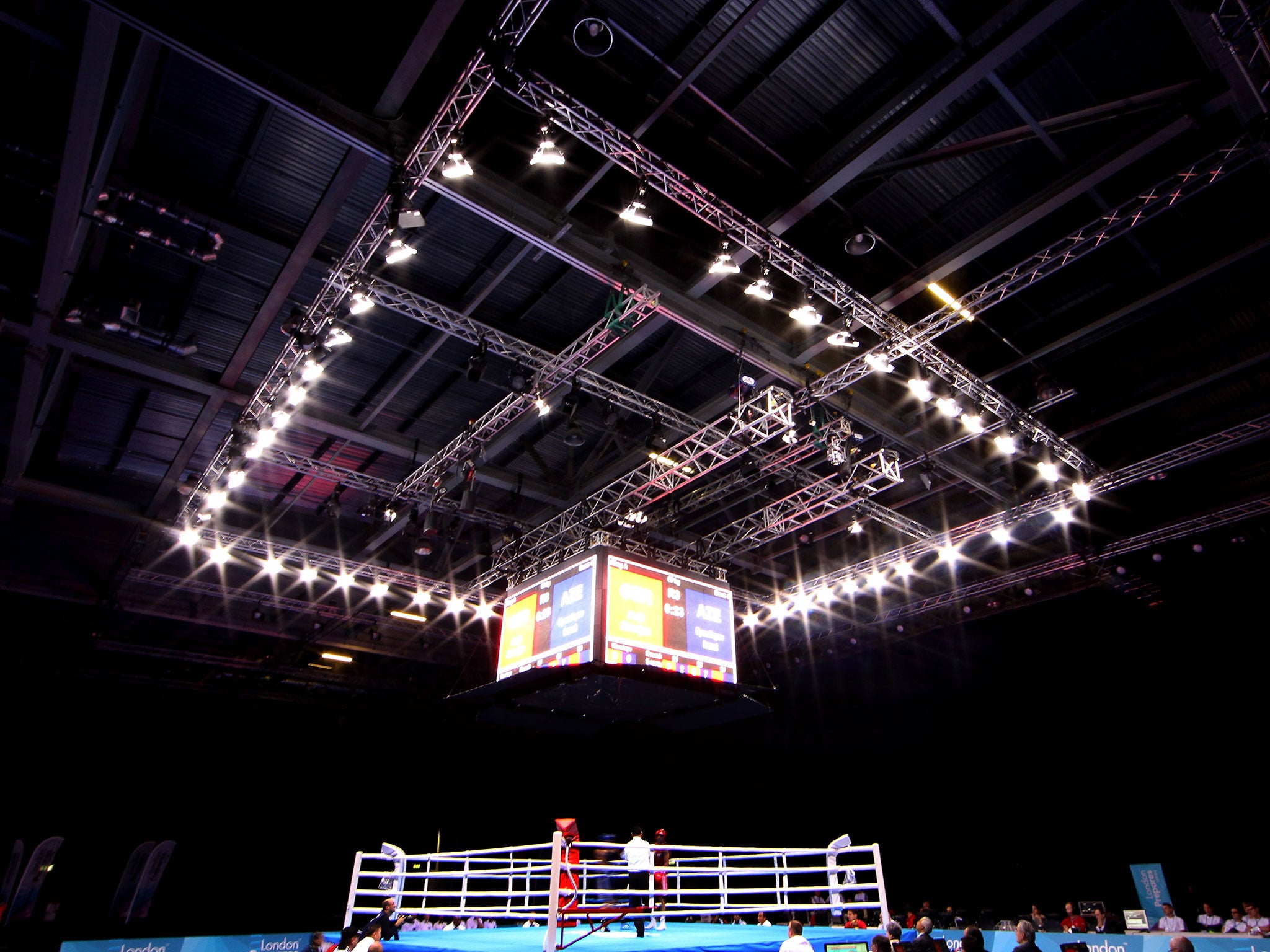Olympic boxing faces a bigger problem than the admittance of professional fighters
It is the governing bodies supplying the fighters to the Rio Games that are of the greatest concern, writes Steve Bunce

Nobody was talking about Davilson Morais last week when there was a hysterical reaction to the news that every professional boxer was eligible for the Olympic tournament.
Morais is from the Cape Verde Islands, an archipelago of ten volcanic islands off the coast of west Africa with just over 500,000 inhabitants, and he is going to Rio to box in the super-heavyweight division. He should not be anywhere near Rio and that has nothing to do with the ludicrous threat that Wladimir Klitschko will box in the Olympics, which he will not and will never. There will not be one single recognisable professional boxer in Rio.
Morais reached Rio by double default when taking part in the African qualification event, held in Cameroon in March. He lost in the semi-final and then lost in the box-off for the one remaining spot against the other losing semi-finalist. However, Tunisia's Ayman Trabelsi, who beat Morais in the box-off, declined the invitation and Morais was given the place on the plane to Rio. "He is humbled by the gesture," said Flávio Furtado, the president of the Cape Verde Boxing Federation. The actual chronology of events in Cameroon is difficult to confirm, with conflicting results and there is a chance that Morais fought just the once.
It means that Morais will box in Rio after winning just one fight, a scrappy prelim in Cameroon against Ghana's Manny Sandyman, part of the Black Bomber squad. There is a twenty second clip of Morais losing in Cameroon and he looks raw, vulnerable and open to just about any punch a decent fighter will throw. The GB team confirmed that they had no information on the Cape Verde boxer but did have thousands of hours of thousands of boxers going back nine years in their system, which is the envy of the boxing world.
Something similar happened at the London Olympics when AIBA, the governing body with exclusive rights to supply boxers for the Olympics, gave a tripartite card to Meji Mwanba from the Democratic Repuplic of Congo to enter the super-heavyweight tournament. Mwanba told me that he lacked experience because whenever he went to box there was not a headguard big enough to stay on his massive head and that meant he could not fight. "Steve, it is a big problem for me." It was a sizeable lump of head, by the way.
Anyway, a local seamstress was drafted in and she constructed a vast helmet for Mwanba to wear in his first fight. Sadly, he was drawn against the reigning world amateur champion, a thumping Azeeri, who dislodged the headguard three times, broke Mwanba's nose again and forced a stoppage in the second round. It was not pleasant to watch.
Mwanba should not have been anywhere near the ring in London because it is no place for Olympic tourism, no place for plucky Eric the Eel sideshows and that is why the inclusion of Morais concerns me. The line-up for the super-heavyweights in Rio has too many hardened veterans from the WSB and the APB, two AIBA alternatives to tradition amateur boxing that have become popular since 2012. In the APB and WSB the men are topless, there are no headguards and they fight between five and ten rounds, but are still eligible for the Olympic event, which is over three rounds.
The fighters from the WSB and APB should not be allowed anywhere near the soft-bellied Cape Verde hero: the tragedy is that the days of men like Morais - chubby no-hopers with a looping left hook and a nation in expectation watching - taking part in the Olympics will end in Rio. The real debate is whether fighters from the APB and WSB, both of which have been legally infiltrated by professional boxers, should be in Rio; I suspect that every gold will be won by an APB or WSB fighter.
The pathetic hysterical reactions to professionals taking part in the Olympics from last week, were four years too early and in Tokyo the history of Olympic boxing will be obliterated by the arrival of real professionals, seasoned professionals and famous professionals. The amateurs like Mwanba and Morais with their big heads, big hearts and big bellies will be gone forever. Morais might not have a chance in Rio of getting a sniff of a medal but he qualified legitimately for the Olympics and it is the highest playing field he will ever be on - the same can not be said of the professionals from the WSB or the APB.
Morais and Wwanba are pure Olympians, lambs to the slaughter and part of a vanishing breed.
Kilroy was there
Gene Kilroy carried the coffins at the funerals of both of Muhammad Ali's parents and will be in Louisville for his friend's funeral this week. I hope he is given the microphone. Kilroy is the last remaining member of Ali's inner circle and a great man.
Subscribe to Independent Premium to bookmark this article
Want to bookmark your favourite articles and stories to read or reference later? Start your Independent Premium subscription today.

Join our commenting forum
Join thought-provoking conversations, follow other Independent readers and see their replies